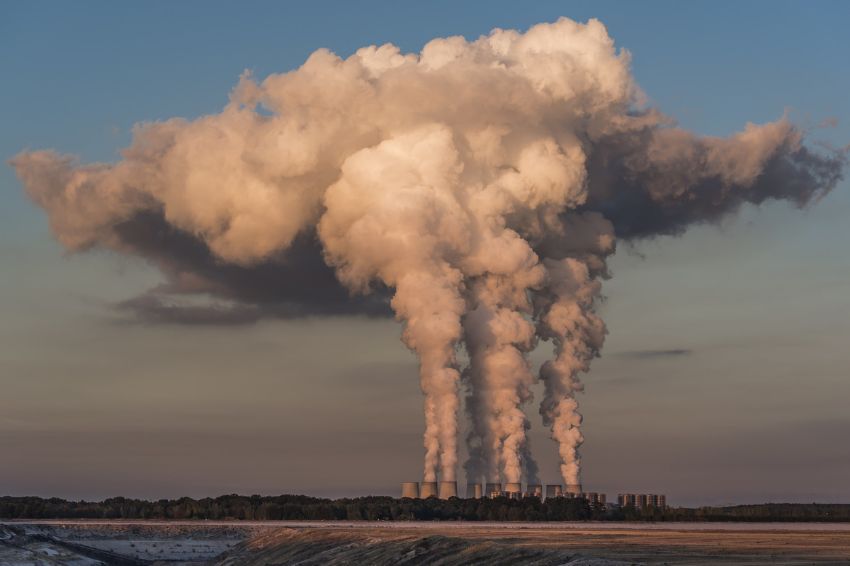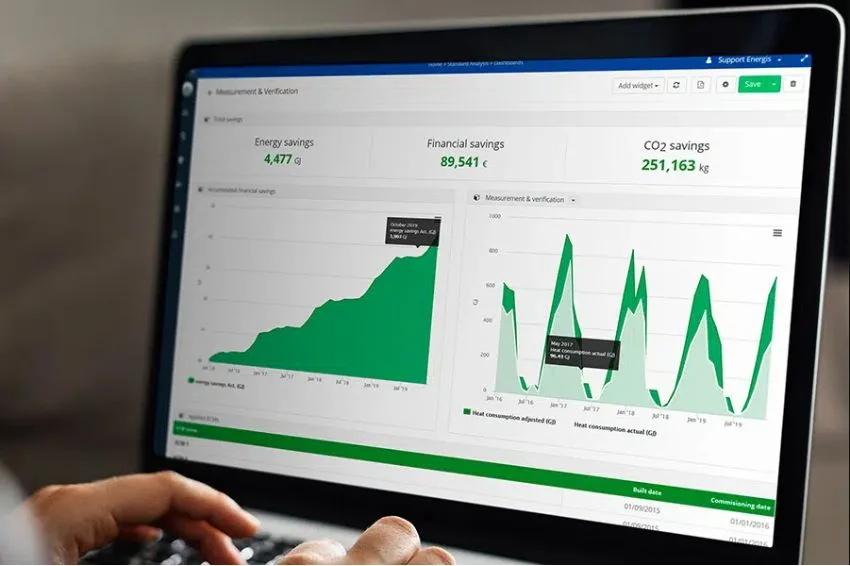It is no longer news that we are experiencing days of extreme heat on this planet. In July, thermometers recorded the highest temperatures in history for three consecutive days, with the global average reaching 17.01 °C.
Amid the heat wave in recent weeks, several European countries have recorded extremely high thermal sensations. In the northern hemisphere, for example, losses can be reflected in the economy and population, leading to death, in more extreme cases, and large-scale fires.
All of this, at the very least, makes us reflect on the path we are taking as humanity. And if you're not reflecting, you should be.
Climate change also happens for natural reasons, but it's no secret that human actions have accelerated the entire process.
Since the Industrial Revolution, we have accumulated decades of increasing pollution, with the burning of coal, oil and natural gas, in addition to deforestation and other human interventions that undermine the existence of fauna and flora species.
But one day the bill arrives and we can't say we were caught by surprise. We are not so much that we have created goals and plans for decarbonization and compensation, because we know that something needs to be done and that it must be urgent. After all, we don't have the option of changing planets.
In February, Joe Biden spoke to the American Congress, listing key points focused on the energy and environmental sectors, with a view to tackling the climate crisis and clean energy. In the United States, this crisis is on its way to becoming a financial crisis.
In May, California's largest homeowners insurer announced it would stop selling policies to homeowners due to losses caused by climate change. This illustrates the entire scenario of chaos that could unfold on a global scale in the coming years given the urgency of doing something effective.
In Europe, the “Cerberus” heat wave has barely passed and it is already paving the way for more, amid scientists' alarm that this is just the beginning. The signs are really not good and we need to pay attention to the fact that these are not mere inconveniences during summer holidays.
The matter must be treated with the seriousness it deserves. After all, we are talking about survival. This is the time to turn all attention to the gravity of what is in front of us.
The climate clock arrived in Brazil stamping on the chest of Christ the Redeemer that we have less than six years to adopt substantial cuts in greenhouse gas emissions before worst-case scenarios come to fruition.
Here, climate phenomena have already caused the deaths of people in several Brazilian cities. Recently, an extratropical cyclone, with winds of almost 150 km/h, scared thousands of people and reminded us that the effects of our actions affect everyone.
It is necessary to stop deforestation, reduce greenhouse gas emissions and understand the important role that energy generation plays in this process and how it can contribute to the preservation of our home: Earth.
The fact that Brazil has a clean energy matrix, compared to the world matrix, may make it seem like we have reached a satisfactory and comfortable place.
Electricity generation through renewable sources last year reached the mark of 92%. In the first months of 2023, Brazil produced almost 70 thousand MWmed, 94% of which were generated from renewable sources.
In June, on the same day, the solar source reached an average daily value of 5,444 MWmed in the SIN (National Interconnected System), corresponding to 7.5% of the load, and there was a record for hourly average solar generation between 11 and 12 hours, reaching 17,542 MWmed, which corresponded to 22.8% of the SIN load.
Although Brazil has recorded several records for solar and wind energy production, we still have a long way to go in the energy transition.
Recently, during a hearing in the Chamber of Deputies, the lack of planning in Energy Efficiency in the country was criticized. This absence is not only present in the State, but also in large companies, which should not wait for government action to develop their projects in search of greater efficiency.
I repeat that we need to stop saying that energy transition and efficiency are challenges. It's time to raise awareness and take effective action.
The clock is ticking and the increase in extreme weather events reminds us that the deadline is running out. We must pay attention and make the energy transition happen while it is still possible and viable to save our planet.
The opinions and information expressed are the sole responsibility of the author and do not necessarily represent the official position of Canal Solar.
















